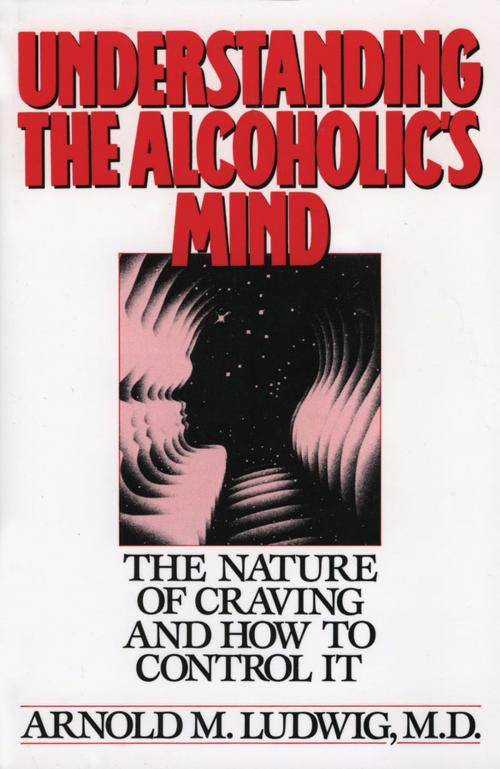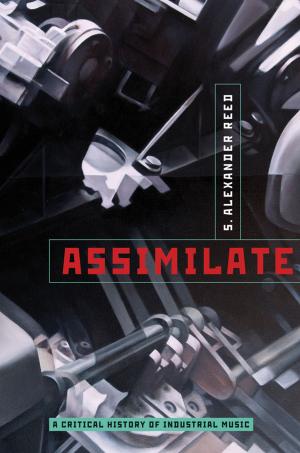Understanding the Alcoholic's Mind: The Nature of Craving and How to Control It
Nonfiction, Health & Well Being, Self Help, Addiction, Alcoholism, Health| Author: | Arnold M. Ludwig | ISBN: | 9780199878819 |
| Publisher: | Oxford University Press, USA | Publication: | November 26, 1987 |
| Imprint: | Oxford University Press | Language: | English |
| Author: | Arnold M. Ludwig |
| ISBN: | 9780199878819 |
| Publisher: | Oxford University Press, USA |
| Publication: | November 26, 1987 |
| Imprint: | Oxford University Press |
| Language: | English |
Despite the immense obstacles they face, many alcoholics do manage to recover. In this groundbreaking book, Arnold M. Ludwig--a doctor with over twenty-five years of experience working with alcoholics--goes inside the minds of alcoholics in order to explain the behaviors and thought processes they use to get and stay sober. Whether alcoholics achieve recovery through Alcoholics Anonymous, a church, counseling, hospitalization, or entirely of their own initiative, the basic methods remain essentially the same. This book offers the first detailed examination of these successful methods. Ludwig has discovered that in most cases a lasting recovery can only begin after certain crucial attitude changes occur. Regardless of the motivation of alcoholics, powerful forces lure them back to drink. To remain sober, alcoholics not only must recognize these forces and the dangerous frame of mind that fuels them, but also must use a variety of techniques for resisting temptation. Recovery involves far more than simply not drinking; it means a sober life style. Over the years, Ludwig has worked with over one thousand alcoholics from all walks of life and within many different settings, including hospital clinics, Alcoholics Anonymous meetings, detoxification centers, and private homes. Using clinical vignettes, research findings, and personal anecdotes, he documents the basic principles necessary for conquering craving and achieving recovery. Ludwig offers an optimistic message: no matter how bad things get, there is always hope. This book will provide insights not only for recovering alcoholics, but also for their families, counselors, and doctors.
Despite the immense obstacles they face, many alcoholics do manage to recover. In this groundbreaking book, Arnold M. Ludwig--a doctor with over twenty-five years of experience working with alcoholics--goes inside the minds of alcoholics in order to explain the behaviors and thought processes they use to get and stay sober. Whether alcoholics achieve recovery through Alcoholics Anonymous, a church, counseling, hospitalization, or entirely of their own initiative, the basic methods remain essentially the same. This book offers the first detailed examination of these successful methods. Ludwig has discovered that in most cases a lasting recovery can only begin after certain crucial attitude changes occur. Regardless of the motivation of alcoholics, powerful forces lure them back to drink. To remain sober, alcoholics not only must recognize these forces and the dangerous frame of mind that fuels them, but also must use a variety of techniques for resisting temptation. Recovery involves far more than simply not drinking; it means a sober life style. Over the years, Ludwig has worked with over one thousand alcoholics from all walks of life and within many different settings, including hospital clinics, Alcoholics Anonymous meetings, detoxification centers, and private homes. Using clinical vignettes, research findings, and personal anecdotes, he documents the basic principles necessary for conquering craving and achieving recovery. Ludwig offers an optimistic message: no matter how bad things get, there is always hope. This book will provide insights not only for recovering alcoholics, but also for their families, counselors, and doctors.















